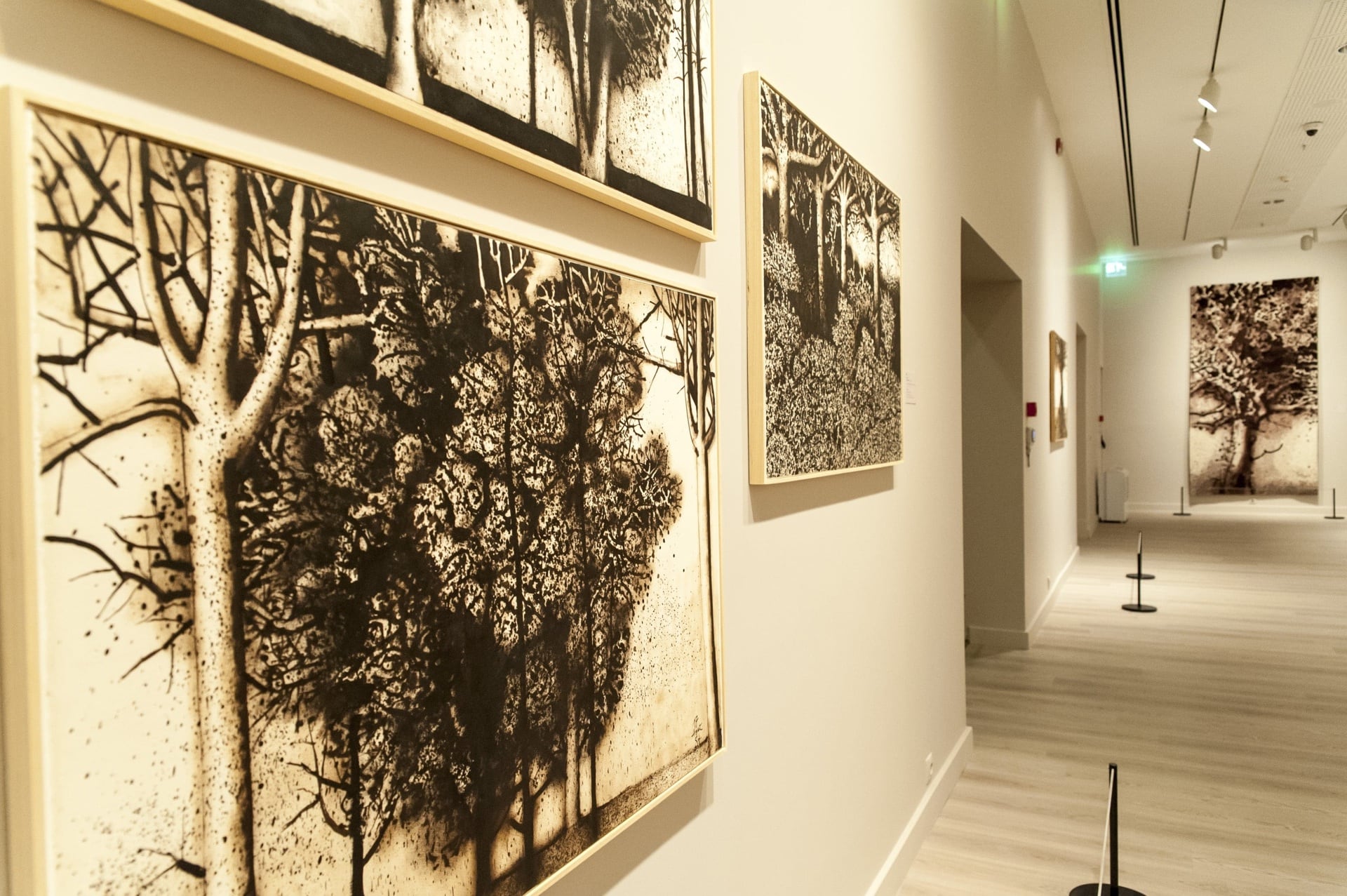Artist and Curator In Conversation
June 7, 2017 / 18:30
Join artist Marko Mäetamm and curator Alistair Hicks for a talk in relation to Pera Museum’s Doublethink: Double vision exhibition. Following Mäetamm’s live drawing of “How I Became an Artist”, he will discuss this process as well as his exhibited work “Alphabet of Lies” with curator Alistair Hicks.
Marko Mäetamm (b. 1965, Tallinn)is a painter, video and installation artist. Upon graduating from Estonian Academy of the Arts, he has exhibited internationally and represented Estonia at the 52nd Venice Biennial (2007) and at 50th Venice Biennial (2003) as a part of artists' duo John Smith (with Kaido Ole). Throughout his practice, the artist’s primary focus has been on family life. Treating the family as a microcosm of a wider socio-political and economic models, Mäetamm collects petty every-day situations, presenting them filtered through a prism of his unmistakable dark humour.
Free of admissions, drop in. This event will take place in the auditorium. The talk will be in English with simultaneous Turkish translation.
Temporary Exhibition
Thinking has changed radically, but many people don't appear to have noticed. Our institutions have been stuck on linear Neo-Platonic tracks for 24 centuries. These antiquated processes of deduction have lost their authority. Just like art it has fallen off its pedestal. Legal, educational and constitutional systems rigidly subscribe to these; they are 100% text based.
Click for more information about the exhibition.


Among the most interesting themes in the oeuvre of Prassinos are cypresses, trees, and Turkish landscapes. The cypress woods in Üsküdar he saw every time he stepped out on the terrace of their house in İstanbul or the trees in Petits Champs must have been strong images of childhood for Prassinos.
Tuesday - Saturday 10:00 - 19:00
Friday 10:00 - 22:00
Sunday 12:00 - 18:00
The museum is closed on Mondays.
On Wednesdays, the students can
visit the museum free of admission.
Full ticket: 300 TL
Discounted: 150 TL
Groups: 200 TL (minimum 10 people)